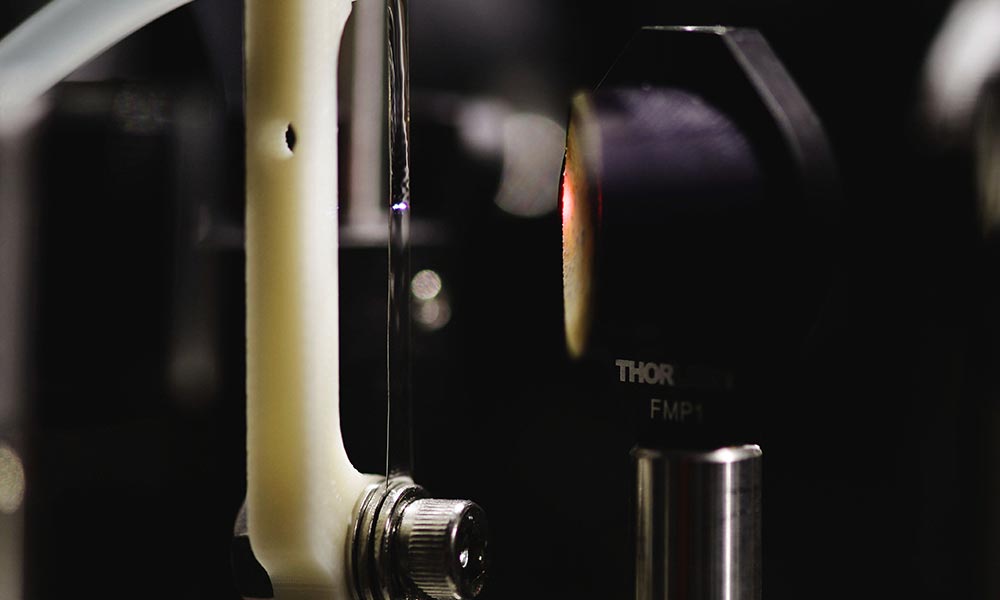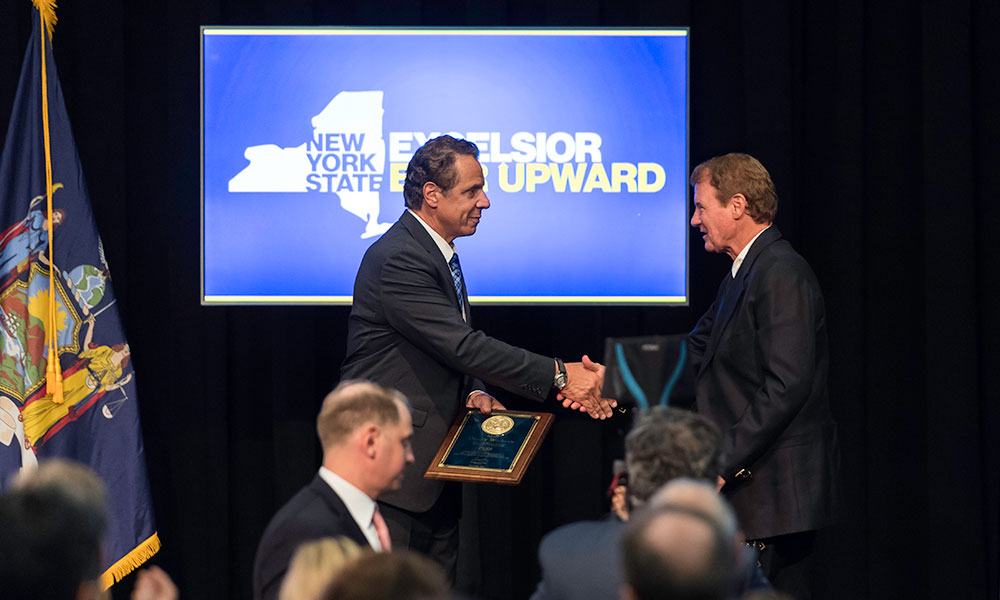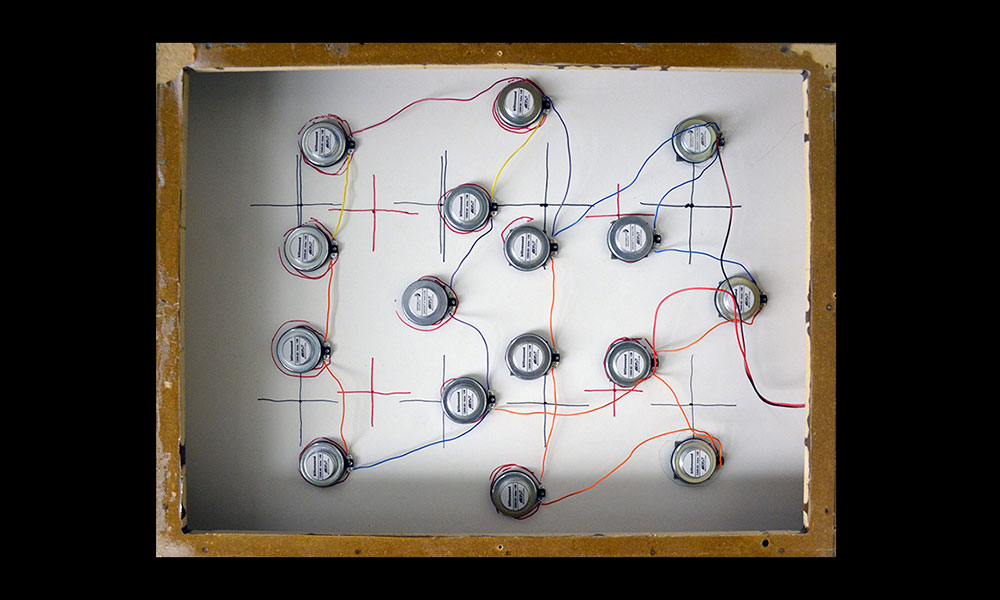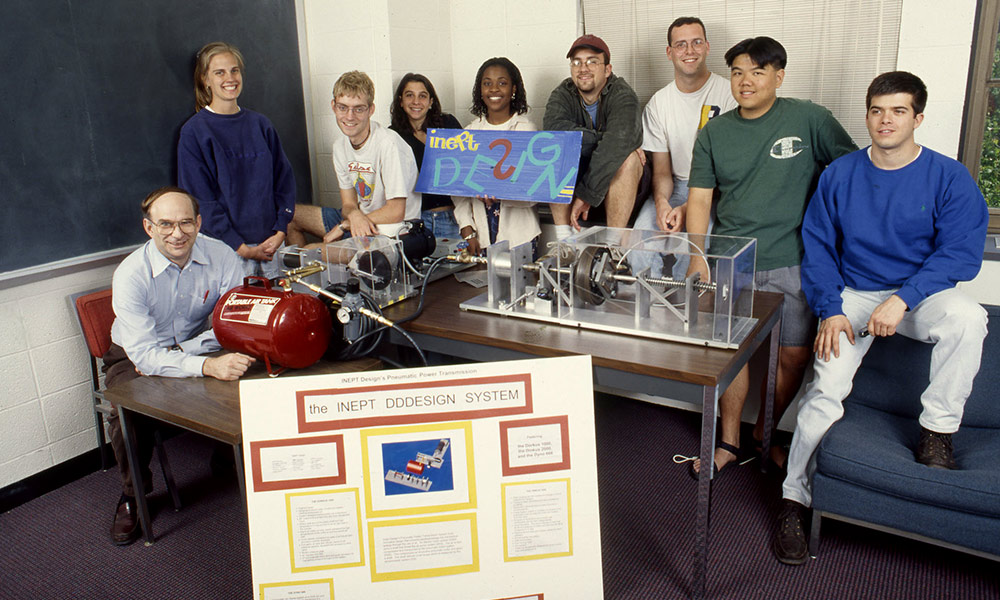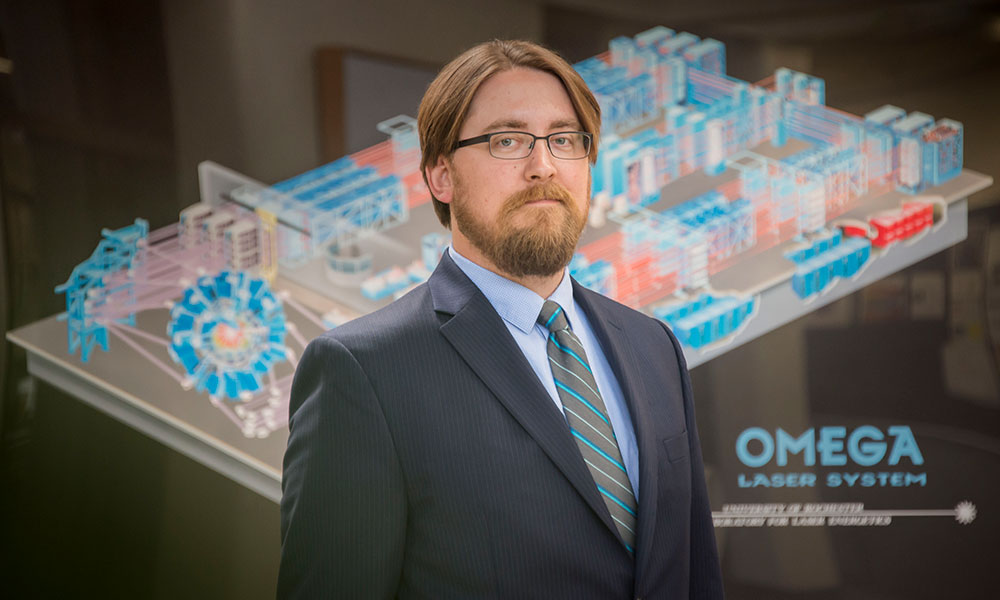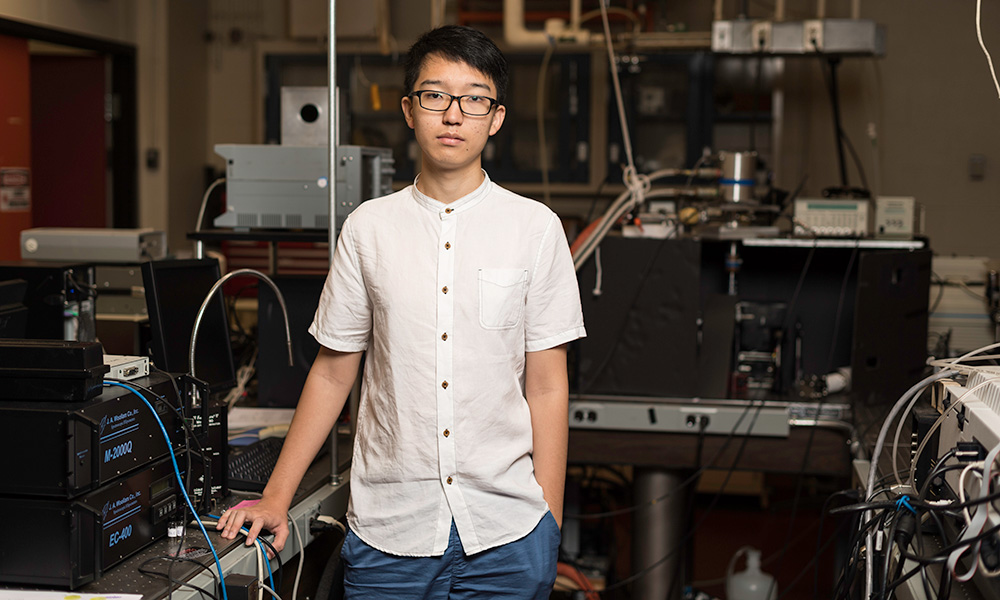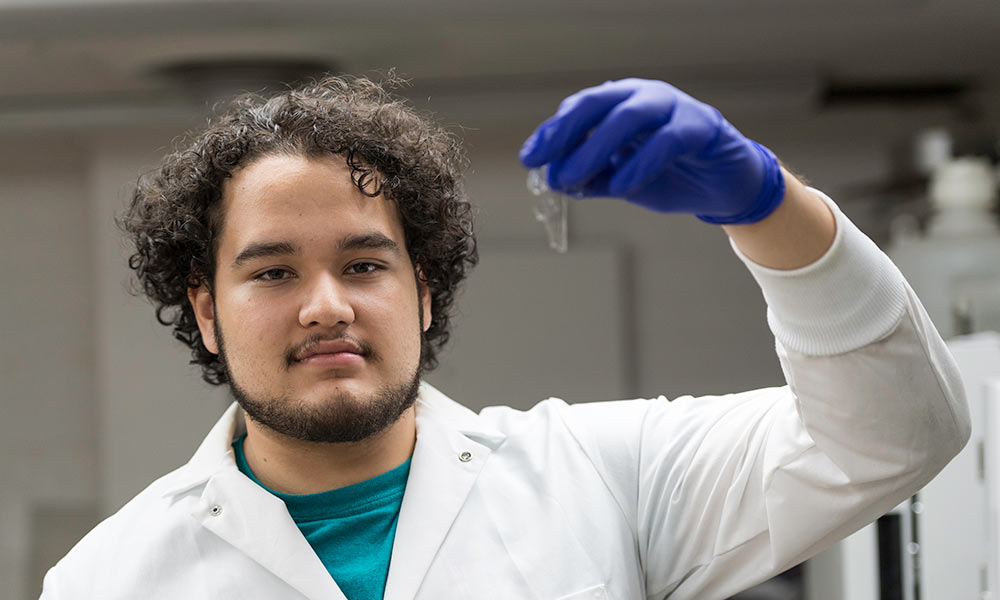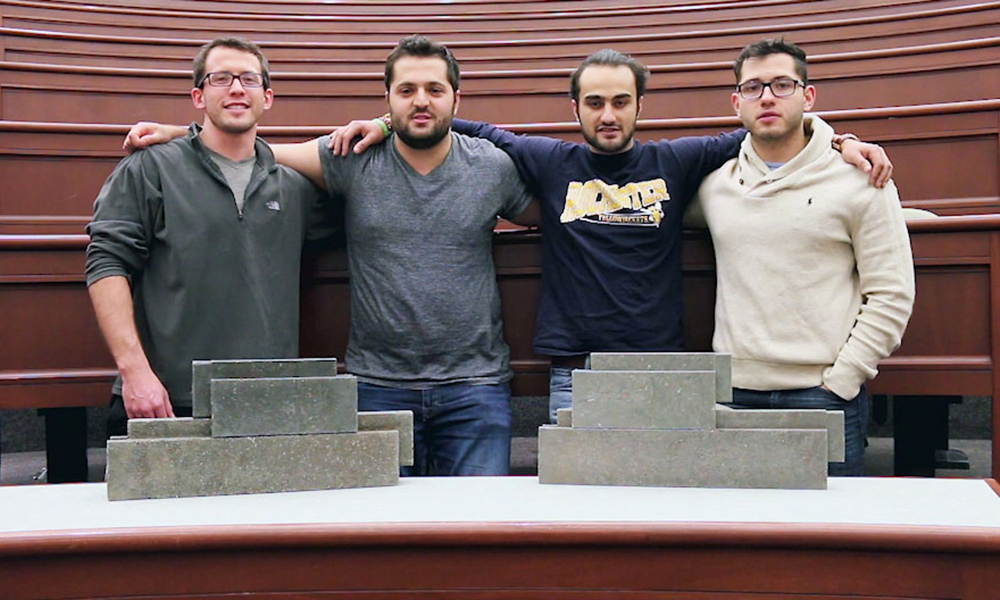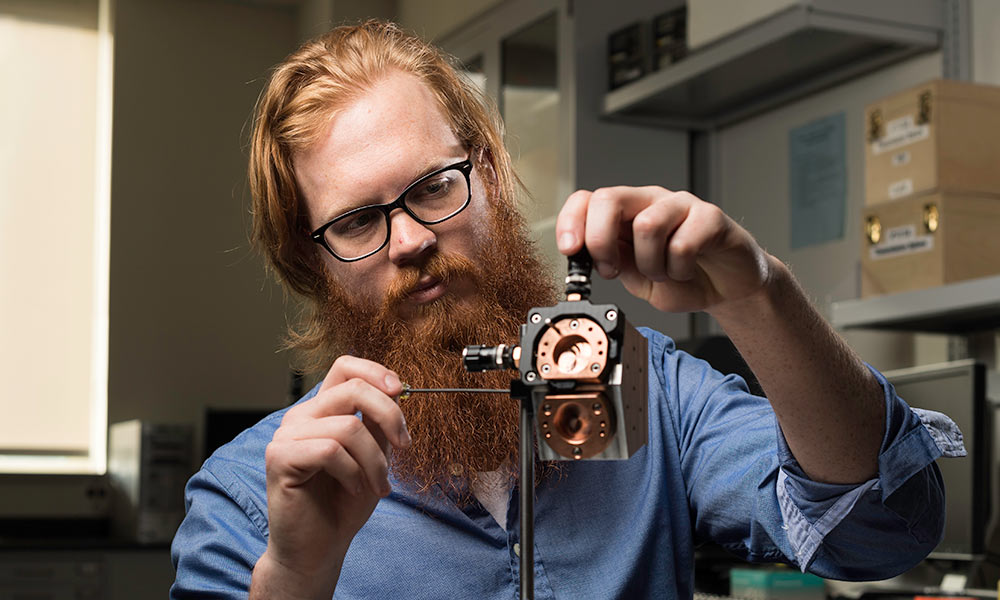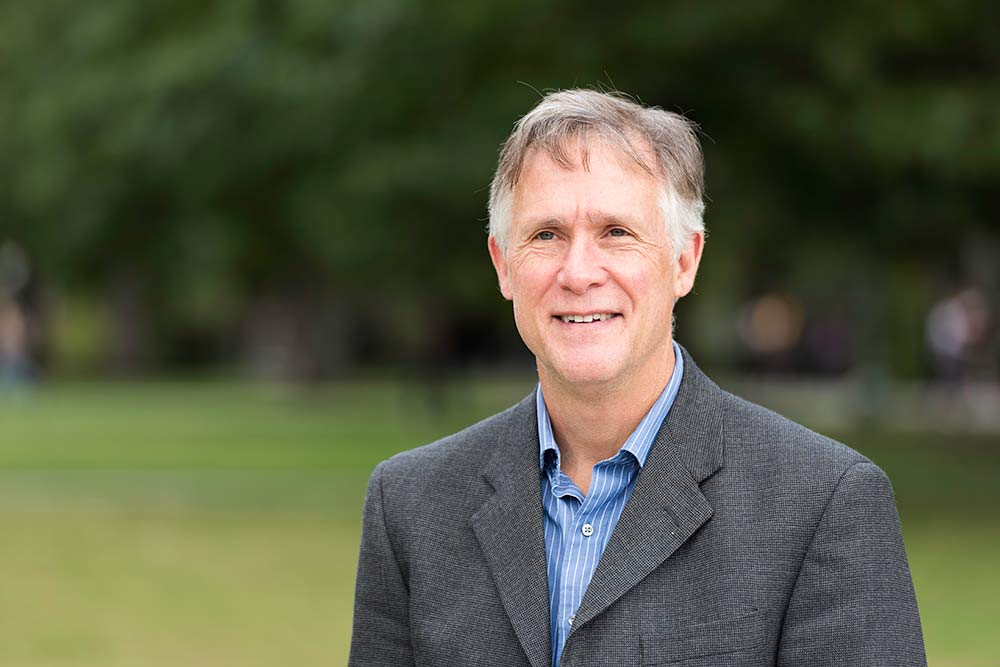
Uncategorized
‘It’s an amazing feeling when students have that sort of “ah-ha” moment, and you realize they get it.‘
October 16, 2017
My parents were missionaries. They would work in Pakistan for four years, return to Massachusetts for a year, and then go back for four years. So I lived in Pakistan…

